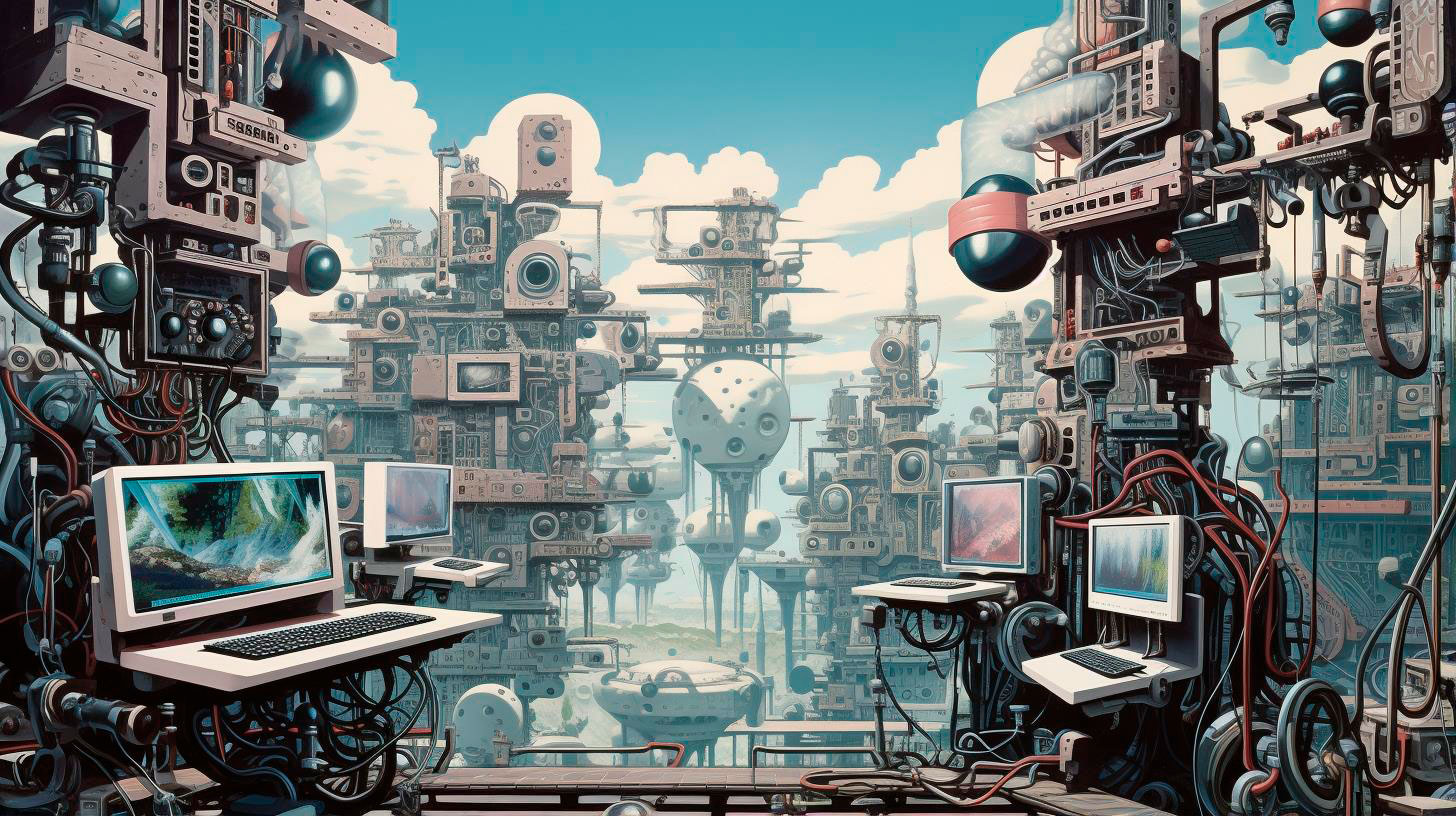While renewable energy sources like solar and wind have gained considerable attention, nuclear power remains a controversial yet promising option for decentralized energy systems. In this article, we will delve into the viability of nuclear power in decentralized energy and explore its key features, advantages, and potential challenges.
Decentralized Energy Systems: A Paradigm Shift
Decentralized energy systems, also known as distributed generation, refer to the generation of electricity from multiple smaller sources located closer to where the energy is used. This approach offers several benefits, such as increased energy efficiency, reduced transmission losses, improved grid resiliency, and the potential for local community involvement. By utilizing a diverse mix of energy sources, including renewables, fossil fuels, and nuclear power, decentralized energy systems can provide reliable and sustainable electricity supply.
The Features and Advantages of Nuclear Power
Nuclear power plants, with their ability to produce large amounts of electricity consistently, have been part of centralized energy grids for decades. However, their inclusion in decentralized energy systems has been a subject of debate. Let’s explore some of the key features and advantages of nuclear power:
- Reliable Baseload Power: Nuclear power plants provide a reliable and stable source of baseload power, which is essential for maintaining grid stability and meeting continuous demand.
- Low Carbon Emissions: Nuclear power is a low-carbon energy source, producing virtually no greenhouse gas emissions during operation. It can significantly contribute towards decarbonization efforts.
- High Energy Density: Nuclear fuel contains a high energy density, allowing a small amount of fuel to generate a substantial amount of electricity. This efficiency makes nuclear power an attractive option for decentralized systems.
- Long Operational Lifespan: Nuclear power plants are designed to operate for several decades, providing stable energy supply over an extended period. This longevity enhances the long-term viability of decentralized energy systems.
- Operational Predictability: Nuclear power plants are highly reliable and can operate continuously for long periods, reducing the dependence on intermittent energy sources and ensuring grid stability.
The Challenges and Criticisms
While nuclear power presents several advantages, there are also challenges and criticisms that need to be addressed in the context of decentralized energy systems:
- High Initial Investment: Building nuclear power plants involves substantial upfront costs, including construction, licensing, and waste disposal expenses. These investment requirements can pose financial barriers for decentralized projects.
- Waste Management: The safe and secure management of nuclear waste remains a significant concern. Developing effective storage and disposal solutions is crucial to ensure the long-term sustainability of nuclear power.
- Safety Concerns: Nuclear accidents, although rare, can have severe consequences for both human life and the environment. Strict safety regulations and robust emergency preparedness measures are essential to address these concerns.
- Public Perception: Nuclear power often faces public opposition due to concerns about safety, waste disposal, and potential nuclear proliferation. Building public trust and addressing misconceptions is crucial for wider acceptance.
The Key Takeaways
As the world seeks cleaner and more sustainable ways to meet its energy demands, decentralized energy systems offer a promising pathway. While nuclear power has certain advantages, it requires careful consideration and mitigation of potential challenges. Here are the key takeaways:
- Decentralized energy systems can provide multiple benefits, including improved energy efficiency and increased grid resiliency.
- Nuclear power offers reliable baseload power, low carbon emissions, and high energy density, making it a viable option for decentralized systems.
- Challenges such as high initial investment, waste management, safety concerns, and public perception need to be carefully addressed when considering nuclear power in decentralized energy.
In conclusion, the viability of nuclear power in decentralized energy systems depends on a comprehensive evaluation of its technical, economic, environmental, and social aspects. While the advantages it presents make it an attractive option, addressing the challenges and engaging in informed discussions is paramount. Striking the right balance between centralized and decentralized energy sources is key to achieving a sustainable and resilient energy future.
You can read more about the future of nuclear energy on the Nuclear Energy Institute website.
